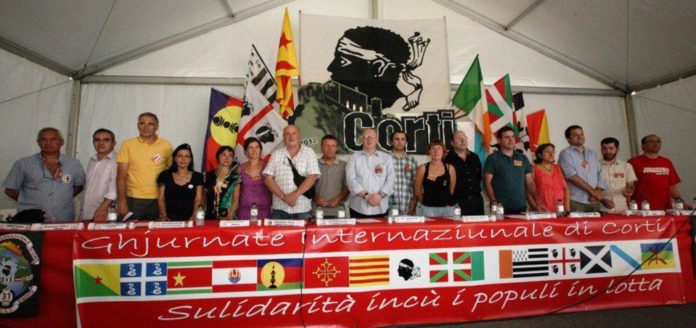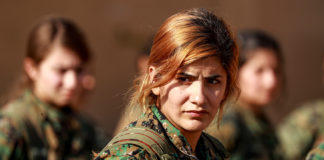The first part of the article we published, here: https://www.naziogintza.eus/en/2118/
Publication reference for this article: Manifestu nazionalista (are separatista ere esango nioke, estutuz gero). Txalaparta Argitaletxea, 2008. Translator: Xalbador Garmendia
Abstract:
To define the nation, Moulines takes as a starting point the definition of D. Levinson: “the term nation refers to an ethnic group, which is organized and mobilized politically, and which shares a feeling of identity and solidarity based on language, culture, religion, history or race ” (page 74) (D. Levinson, Ethnic relations, 1994, page 84). For Levinson, ethnicity and nation appear united and “relations between nations should be understood in the United Nations as relations between ethnic groups” (pages 74-75).
To explain his position, Moulines has constructed in nine points a “mini-theory of ethnic groups and nations.” To prove this relationship, he looks for analogies, in his second point, in linguistics, discussing both the “deep” and the “superficial structures” of the language: “the language is the main characteristic that unites the deep and superficial structures of ethnicity…. . Likewise, it is possible to compare the relationship of deep cultural and political phenomena with those that are most evident or accessible through language” (p. 82). As mentioned in the fifth point,” the specification of the phenomenon of ethnic groups is almost never unequivocal: of the factors that the members of an ethnic group present, none of them can be admitted as an indispensable condition for being of that ethnic group, not even the language, although this is very important for ethnic identity” (page 84).
In any case, not all phenomena have the same importance in the construction of an ethnic group or a nation. The context or the cultural and political environment of an ethnic group can push the ethnic group to give more importance to one cultural characteristic or another, always seeking its survival: language, religion, “mentality”, “way of life” … In any case, “each ethnic group or nation interprets the importance of the language according to the moment it lives and according to its socio-cultural and geo-political situation” (page 85). And also, with few exceptions, an ethnic group whose language is in danger of disappearing always tries to revive it. The case of the Jews is paradigmatic, in that sense, but Flanders is also a model in the same direction, despite being a nation without a state.
In the ninth point he affirms that: “Nations form a type of ethnic group: all nations are ethnic groups, but not all ethnic groups are nations; or more precisely, when they develop a political program in order to preserve their identity, ethnic groups become nations. From this it follows that all the characteristics that we have postulated in a general way for ethnic groups can also be applied to nations; to them, however, the political factor is added” (p. 91). At the end he also says that not all sovereign nation-state projects have to be the same: “to preserve and develop its identity, the ethnic group can see that a certain autonomy is sufficient within a plurinational state, being able to coexist peacefully with other ethnicities. This is certainly a great solution. But it must be said that these types of political-administrative solutions in most cases work badly and even do not work at all” (page 96). Therefore, any impartial observer would have to accept that these ethnic groups should have the status of Nation-State; that is the way to end the usual confrontations, hatreds and even violent conflicts. In fact, most of the multi-ethnic states in the world have achieved their status through violent actions, and in this violent incorporation of ethnic groups there has been neither consensus nor agreement.
For this reason, “to affirm that the Ghandi nation has the right to be it, using correctly the terminology and concepts, it is convenient to define it as nationalism. On the other hand, to qualify Hitler’s attitude, which denies the right to be a nation, the appropriate word is not nationalism, but imperialism, racism or even more, hegemony. Authentic nationalism only demands the right to exist of a nation, at the same level as other nations; hegemonism, on the other hand, demands the right to dominate other nations and even to exterminate them” (page 103).








